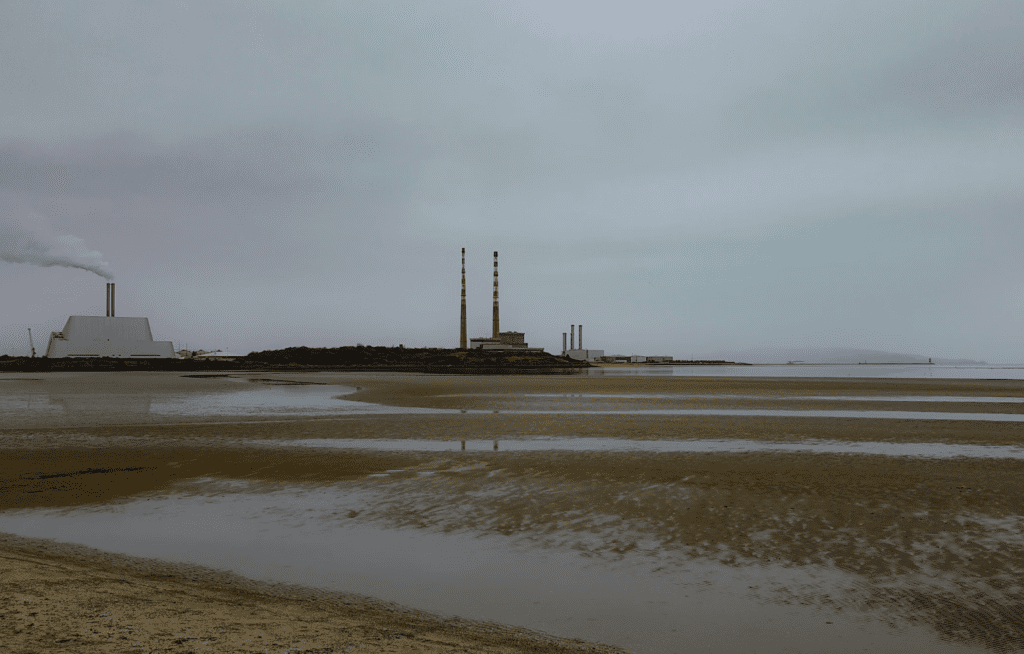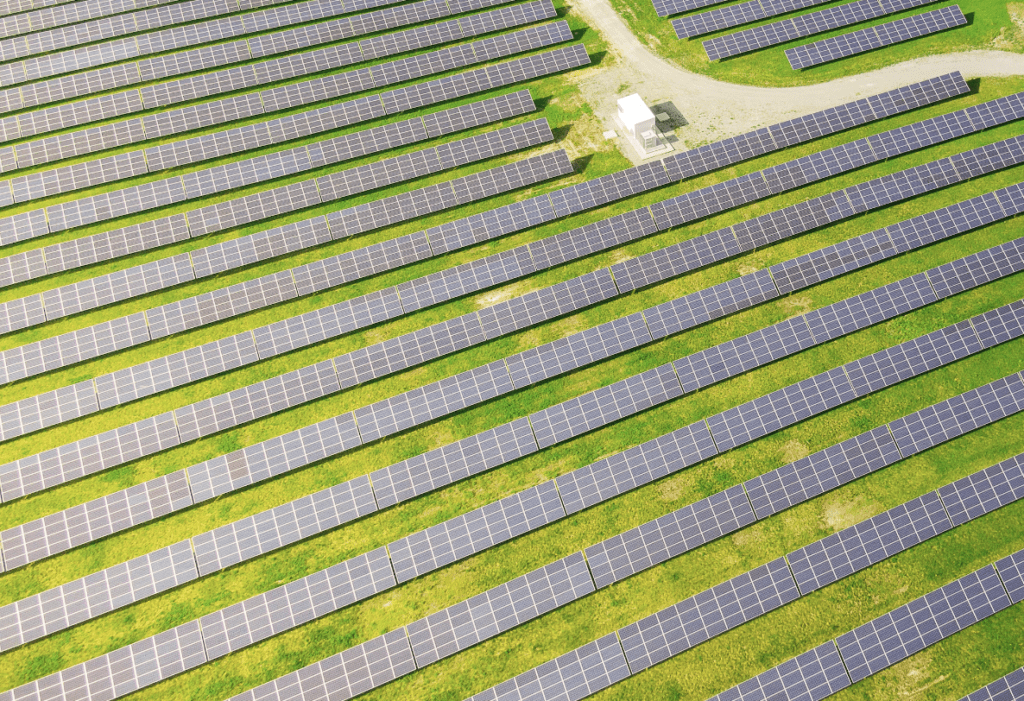The long hot summer in much of Europe, the western US and China is a reminder that the climate has a major economic effect. From the need to adapt infrastructure to changing consumer behaviour to population movement, climate change and the move to net zero is influencing investment decisions around the world.
At the heart of the global effort to address rising global temperatures is the Paris Agreement, which seeks to reach global net zero emissions by the middle of this century. Investors and pension savers together control huge flows of money which can be used to influence this outcome.
Here are three ways net zero will affect investing over the coming years.
1. Decarbonising to create net zero portfolios
Many investment managers have set aims to achieve net zero within the assets they hold on behalf of pension and investment savers. For example, Zurich and Phoenix Group (owner of Standard Life in Ireland) intend to achieve net zero across their investment portfolios by 2050.
Phoenix’s interim targets include a 25% reduction in the carbon emissions intensity of the listed equities and bonds (worth around €185 billion) over which they have control by 2025.
Similarly Zurich (and many others) are measuring and reporting on progress towards their longer-term targets.
Decarbonising investment portfolios will involve huge change to investment portfolios over the years to come. On one hand, there is opportunity: to finance a new kind of economy, to grow new technologies, and to reap profits as adoption becomes widespread. There is also risk, and no doubt there will be many false starts along the way.
But doing nothing carries great risk as well. There’s risk to the climate itself of course. But for investors, failing to adapt can mean hard losses. There’s early evidence, for example, that tourists’ preference for times and locations of holidays is changing to avoid the heatwaves seen in southern Europe and elsewhere in recent years.
To take another example, oil company Shell has identified commercial risk related to climate as follows:
The transition to a low-carbon economy may lead to lower sales volumes and/or margins due to a general reduction or elimination of demand for oil and gas products, possibly resulting in underutilised or stranded oil and gas assets and a failure to secure new opportunities.
Changing preferences of investors and financial institutions could reduce access to and increase the cost of capital.
Shell investors could be left owning oil fields that can never be pumped, or paying higher costs to run its business as the move to net zero gathers pace.
This change is already well underway – for example, last December Europe’s largest bank, HSBC, announced it would no longer fund new oil and gas fields, making it harder for petroleum companies to finance their day-to-day business.
2. Governance and ESG integration
The second area where investors have major influence is in the governance of big business. Environmental, social and governance investment criteria (“ESG”) have been rising up the agenda for some years.
In the context of net zero, governance is about engaging with the leaders of the businesses in which fund managers invest. Sure, there are some industries which it’s almost certain are incompatible with a net zero future – for example, coal mining and electricity generation. Fund managers serious about net zero will likely divest of these industries altogether.
But for most industries, fund managers want to engage with business leaders and influence the decarbonisation of their business over time. To take the example of HSBC again, their climate policy aims to balance three objectives:
Driving down global greenhouse gas emissions
The need to enable an orderly transition that builds resilience in the longer term, and
The need to support a just and affordable transition.
3. Financing the green transition
Net zero for investors is not just about managing existing investments: there is a huge opportunity to make new ones.
Consider for example, the need to climate-proof much of Ireland’s eastern seaboard as sea levels rise. Many of the country’s major economic assets, from the IFSC to Dublin Port to the proposed National Maternity Hospital are obviously exposed. On a global level, many billions will require to be spent to protect such assets.

Ireland’s eastern seaboard looks exposed to rising sea levels
In fact, financing the green transition affects almost every asset class. While equities will increasingly be driven by economic activity like the construction demand described above, the bond market is already open for business in raising capital for environmentally beneficial projects via green bonds.
ESB – which is targeting net zero by 2040 – issued Ireland’s first corporate public green bond in 2019, a €698 million facility mainly used to finance wind farm investment.
And commercial property investment also has a major role to play in the green transition. It’s estimated that the build environment is responsible for 30-40% of global emissions, so reducing that level is vital to hitting net zero targets.
It’s still early days on the road to net zero. But the journey is underway, and it seems likely the pace will change, perhaps very rapidly, with twists and turns along the way.
That will mean big shifts of global capital to adapt to our changing world. Here’s the view of the BlackRock Investment Institute, the analysis team run by BlackRock, the world’s largest asset manager:
The coming capital reallocation is not yet in prices: this long transition in sustainable preferences and practices will make some assets more expensive (those with high sustainability) and others cheaper (those with low sustainability).











You must be logged in to post a comment.